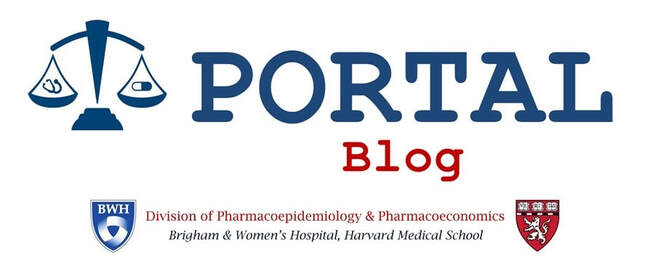Medicaid Spending on Drugs Marketed Without US Food and Drug Administration Approval in 20201/21/2022
The US Food and Drug Administration (FDA) reviews the safety and effectiveness of prescription drugs marketed in the US, but some products available since before 1938 have remained on the market without FDA approval. In 2006, the FDA estimated thousands of unapproved products remained on the market and launched the Unapproved Drugs Initiative (UDI) to encourage manufacturers of these drugs to voluntarily submit evidence of safety and effectiveness data in return for a period of market exclusivity. While the UDI led to approval of several dozen products, the program has faced criticism because in some cases the resulting market exclusivity periods disrupted competition, raised prices, and resulted in shortages.
In new research published in JAMA Internal Medicine, we identified only 134 unapproved drug products that were marketed in 2020, representing 0.2% of Medicaid prescriptions. Most unapproved drugs (65%) were marketed by a single manufacturer and 87% were distributed by three or fewer manufacturers. These findings suggest that the unapproved products represent a much smaller share of drug use than the FDA estimated in 2006, before the UDI was enacted. Additionally, because most remaining unapproved drugs had little or no competition, the existing UDI framework of offering a period of market exclusivity is likely ineffective at incentivizing voluntary submission of safety and effectiveness data. We recommend the FDA adopt a proactive and targeted regulatory approach to evaluate evidence of safety and effectiveness for remaining unapproved products. Simon J. Gunter, MPhil is a medical student at Harvard Medical School and a researcher at PORTAL. Aaron S. Kesselheim, MD, JD, MPH is a Professor of Medicine at Harvard Medical School and Director of PORTAL. Benjamin N. Rome, MD, MPH is an Instructor of Medicine at Harvard Medical School and a faculty member at PORTAL. |
AuthorPORTAL Blog posts are authored by PORTAL faculty, trainees, and collaborators. Archives
January 2022
Categories |
|
Program On Regulation, Therapeutics And Law (PORTAL)
Division of Pharmacoepidemiology and Pharmacoeconomics 1620 Tremont Street, Suite 3030 Boston, MA 02120 |


 RSS Feed
RSS Feed
